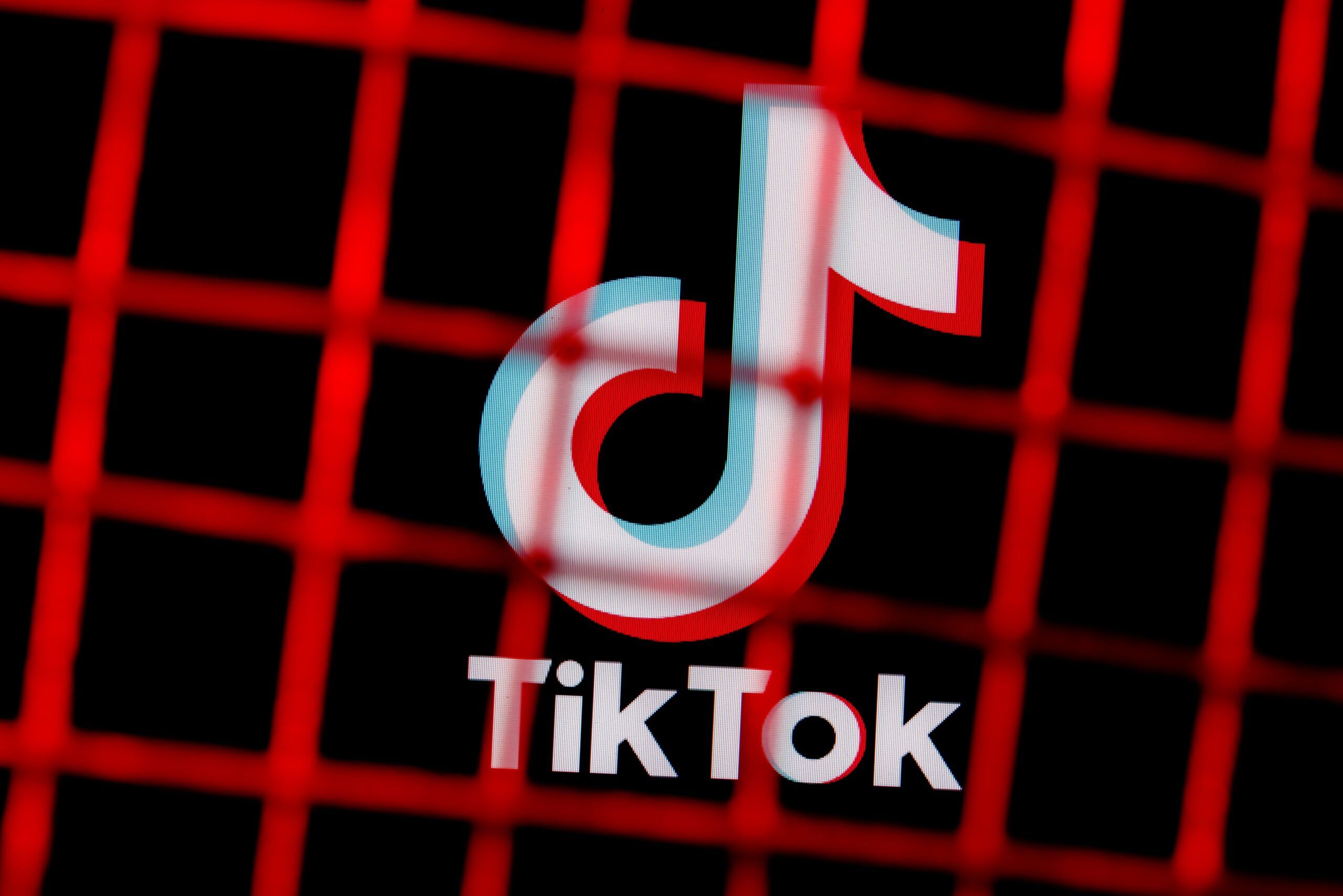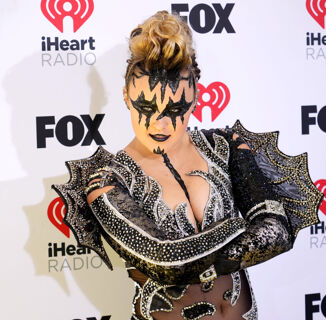Congress is once again debating a potential US ban on TikTok — only this time, there’s a real chance the legislation could go through. While the idea was previously floated during Congressional hearings last year, an actual bill is heading to the floor after passing the House with broad bipartisan support. Now, content creators big and small are taking the fight to Capitol Hill.
If passed, the legislation would not ban TikTok outright, but that is the likely eventual outcome. Sparked by national security concerns that US data collected by TikTok can be accessed by the Chinese government, this bill gives Chinese owner ByteDance six months to sell the app to a non-Chinese owner before web hosting services will be forced to shut it down. Business analysts believe that a six-month window for a sale is unrealistic, according to The Washington Post.
Outside of the connection to China — for which there is not strong evidence that the government would succeed in retrieving data from the company — cited concerns with data privacy and the spread of misinformation are not unique to TikTok. And like all popular social media apps, there’s good to take with the bad. Users have spread education and activism, built businesses, and found community through the app.
Related:
School hate crimes have quadrupled in states with anti-LGBTQ+ laws
The number of reported hate crimes was significantly higher in states that had advanced anti-LGBTQ+ laws.
Your internet debrief
Stay ahead of the most scandalous, hilarious, and mind-boggling internet content delivered directly to your inbox twice a week.
“As an openly gay person, it’s a place where I get so much gay information and where gay creators come to share news,” Rep Robert Garcia (D-Calif.), who voted against the bill, said during a rally. “TikTok is a space for representation, and banning TikTok also means taking away a voice and a platform for people of color and queer creators that have made TikTok their home.”
Disability activist Tiffany Yu told the Post, “TikTok has been able to help us find each other. Losing TikTok would remove us from that social fabric.” Yu added that TikTok also became an economic lifeline for the disabled community, where “unemployment rates are twice that of our non-disabled peers.”
Shutting down TikTok would also have broad economic effects not only on the over 200,000 US-based employees but the over 7 million businesses who market their product/services through the app. “Banning TikTok would shut down a lot of small businesses, including mine,” Brandon Hurst, owner of an LA-based plant shop, said. “These representatives and senators don’t understand that what they’re doing won’t just harm people they call ‘content creators.’ It would hurt small businesses.”
Although the House overwhelmingly voted in favor of the ban, several Senators on both sides of the aisle have signaled reluctance to support it. In the event that they do, Joe Biden has pledged to sign the bill if it reaches his desk. Following that, the last line of defense will be a very likely court challenge on the grounds of First Amendment rights.
Don't forget to share:
Help make sure LGBTQ+ stories are being told...
We can't rely on mainstream media to tell our stories. That's why we don't lock our articles behind a paywall. Will you support our mission with a contribution today?
Cancel anytime · Proudly LGBTQ+ owned and operated
Read More in The Internet
The Latest on INTO
Subscribe to get a twice-weekly dose of queer news, updates, and insights from the INTO team.
in Your Inbox














